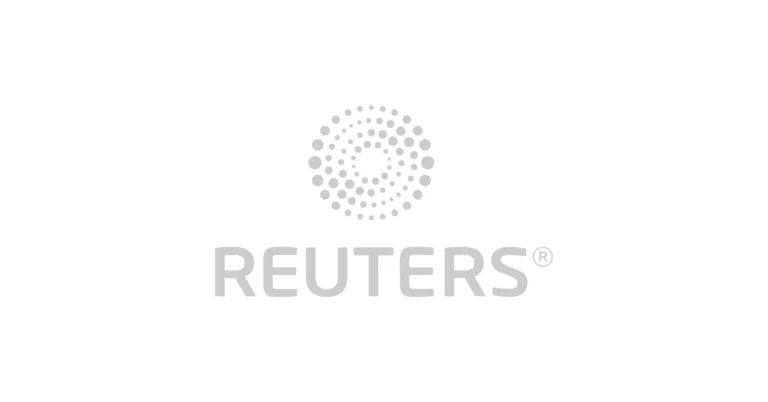TOKYO (Reuters) – The Japanese government on Thursday expected inflation to be well above the central bank’s 2% target this year, acknowledging higher inflation that could sustain market hopes for the end of ultra-low interest rates.
The forecasts will be released ahead of next week’s high-profile policy meeting at the Bank of Japan, where the Governing Council will revise its quarterly outlook and discuss progress toward sustainably achieving its inflation target.
In its mid-year review, the government expects overall consumer inflation to reach 2.6% for the fiscal year starting in April, up from a forecast of 1.7% in January. Last year’s inflation rate was 3.2%.
The government expects inflation to slow next year, but remains close to the central bank’s target at 1.9%.
“The government’s inflation expectations are in line with market expectations, so I wouldn’t be surprised if the Bank of Japan revised its inflation forecasts higher this month,” said Masamichi Adachi, an economist at JPMorgan Chase & Co.
Emphasizing the vulnerability of Japan’s economic recovery, the government has revised down its economic growth forecast for this year. The economy is expected to grow 1.3% this year, below the 1.5% forecast in January, as exports are hit by slowing global demand.
Prime Minister Fumio Kishida said the Japanese economy was recovering moderately as positive signs began to appear, such as steady wage increases and firms’ strong willingness to spend.
At the government’s Supreme Economic Council, he said, “It’s important for Japan to steadily overcome deflation and transition to a society where wage increases are the norm.”
After more than two decades of deflation and stagnant wage growth, Japan’s inflation has been above the central bank’s 2% target for more than a year as firms continue to pass on rising raw material costs to households through price hikes.
Firms have offered wage hikes unprecedented in 30 years in this year’s wage negotiations with labor unions, raising market hopes for an adjustment in the Bank of Japan’s yield curve control (YCC) policy, which caps long-term interest rates near zero.
Bank of Japan Governor Kazuo Ueda dismissed the possibility of a short-term departure from ultra-loose policy, arguing that the recent rise in cost-driven inflation should be replaced by higher prices driven by strong domestic demand and higher wage growth.
But the hike in inflation expectations is likely to keep the market hopeful that Ueda will soon begin phasing out the massive stimulus package by his predecessor.
The central bank forecast in April that core consumer inflation, excluding the impact of fresh food prices, would reach 1.8% this year and 2.0% next year.
Report by reporter Leica Kihara. Additional reports by Kentaro Sugiyama and Satoshi Kajimoto.Editing: Sri Navaratnam and William Mallard
Our criteria: Thomson Reuters Trust Principles.



